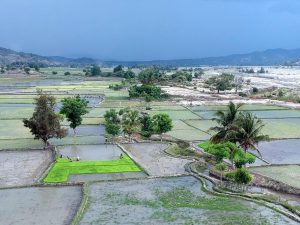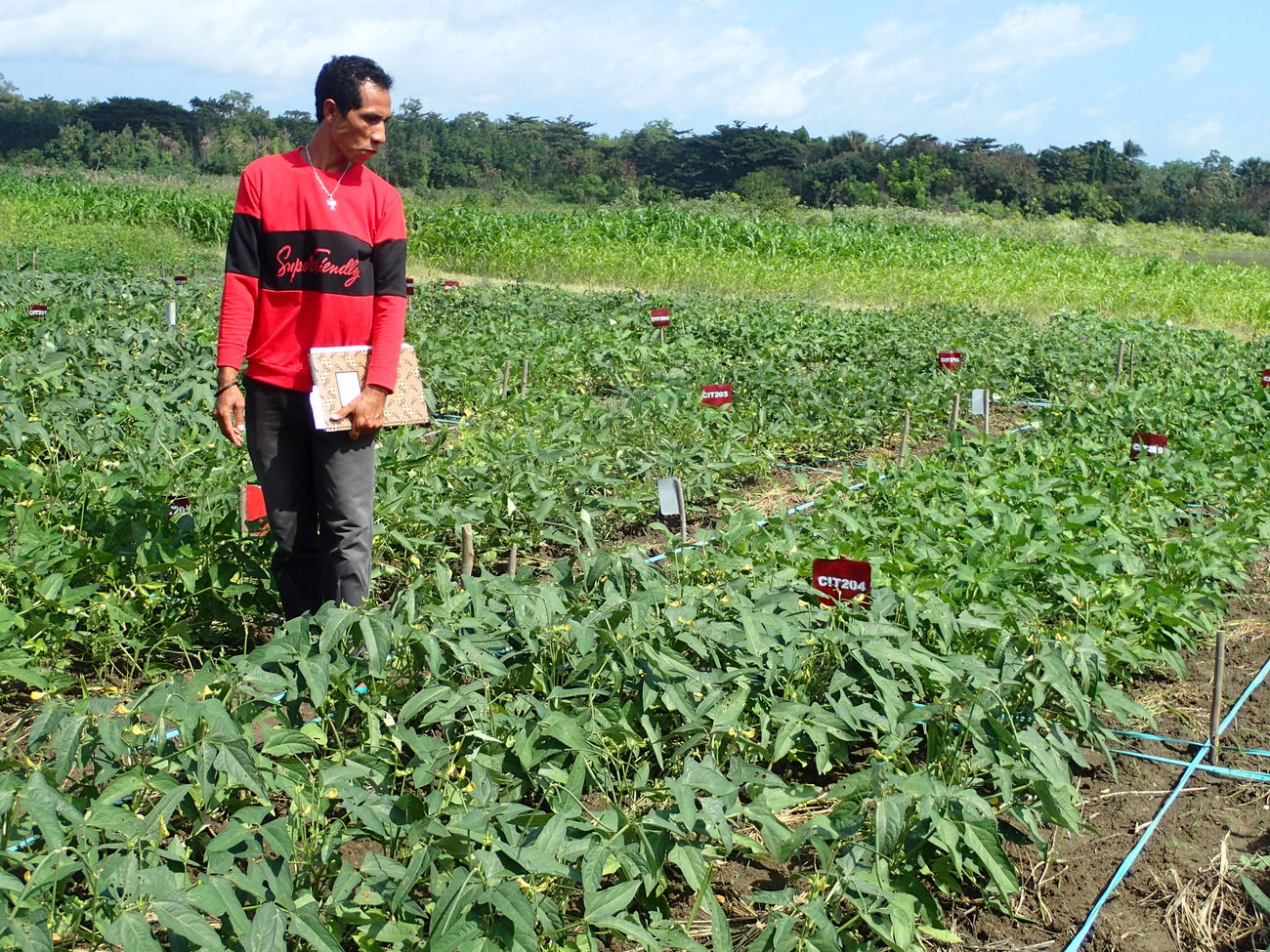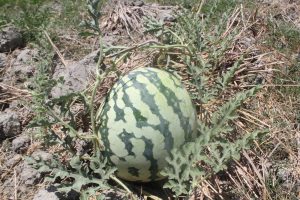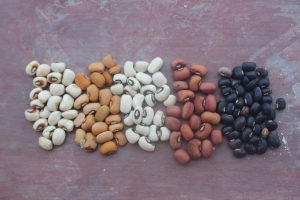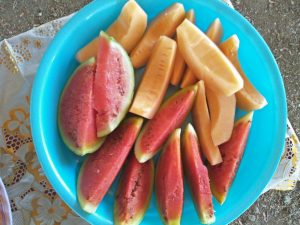New results from AI-Com’s baseline survey show that up to 96 per cent of farming families in some areas of Maliana are interested in growing sandalwood, a valuable tree native to the island of Timor whose population was plundered during the Portuguese colonial period.
“It has a nice smell and it’s a good source of income,” was one explanation given to AI-Com researchers conducting the survey in Ritabou village in October 2017. Others stated that the tree represents the “riches of Timor”, and that growing seedlings would benefit their grandchildren.
Sandalwood is a semi-parasitic tree and can be difficult to grow. It takes between 20 and 30 years to reach full maturity and start producing valuable sandalwood oil, making its riches unattainable for many farming families.
But Timor-Leste’s Ministry of Agriculture and Fisheries is committed to replenishing the valuable tree’s population and has distributed over 80,000 seedlings since its reforestation program began in 2003.
AI-Com is supporting the Ministry to investigate novel ways of growing sandalwood, in order to improve efficiency, help the tree thrive, and support farming families to access wood and oil in fewer years.
AI-Com’s baseline survey was conducted in four aldeias in Ritabou suco, in the Maliana administrative post of Bobonaro municipality. The area supports wild-growing sandalwood trees, and in Migir suco on the municipality’s north coast AI-Com is currently conducting on-farm experiments with families interested in testing prime growing conditions for sandalwood seedlings.
Households in Halecou, Corlui, Daitete and Samelaun aldeias were surveyed, with 96.4 per cent of families from Daitete saying they would be interested in growing sandalwood. 94.6 per cent of families in Corluli and 86.5 per cent of Samelaun families are interested, and 50 per cent of households in Halecou are interested, with 30 per cent of families recording invalid responses to this survey question.
On average, 82 per cent of households in Ritabou suco want to grow sandalwood, and 11.2 per cent do not want to. Reasons given in opposition included concerns about insufficient land, the labour and effort required to grow and manage sandalwood, a lack of time and energy, and poor acro-ecological conditions for growth.
Due to its value, sandalwood is unique in forestry trees for that fact that growing a single tree can be economically viable. AI-Com is investigating growing methods and conditions that can help sandalwood forestry become an easy, efficient and economically viable method of supporting farming families.
